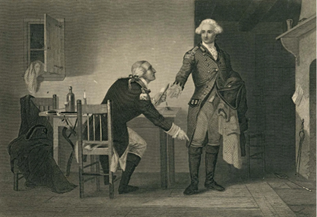by Logan M. Lavallee,
Gardiner Foundation Semiquincentennial Summer Fellow
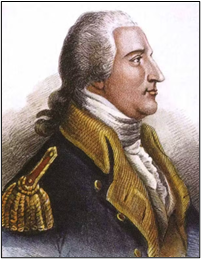
Benedict Arnold was born on January 14, 1741, in Norwich, Connecticut. With the beginning of the Revolutionary War in 1775, Arnold volunteered for service and aided Ethan Allen in an attack on Fort Ticonderoga on May 10.
General George Washington appointed Arnold to command an expedition to capture Quebec. Arnold led 700 men through the Maine wilderness to reach the city. With help from Gen. Richard Montgomery, he attacked the city on December 31, 1775. The attack failed and Montgomery was killed and Arnold was seriously wounded.
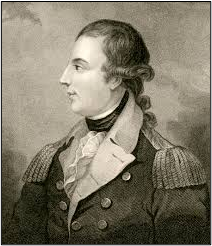
After being promoted to brigadier general, Arnold constructed a flotilla on Lake Champlain. On October 11, 1776, Arnold and his flotilla confronted a British fleet sailing down Lake Champlain in the Battle of Valcour. Although Arnold retreated and his fleet was mostly destroyed, the loss at Valcour delayed the British and allowed the Patriots to regroup and prepare a defense of New York.
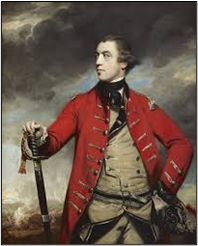
The Battle of Saratoga in 1777 was a major turning point in the war for the Patriots. At the Battle of Freeman’s Farm, the British outnumbered the Patriots. Arnold devised a plan to confront the British head-on and inflicted heavy casualties on the British Army. During the Battle of Bemis Heights, Arnold led his troops in an assault to catch the British off guard. He personally led his troops into battle and helped to push back the British which ultimately led to Burgoyne surrendering and a victory for the Patriots. But this second battle left Arnold severely wounded in the leg and bitter when General Horatio Gates took credit for the victory at Saratoga in front of Congress.
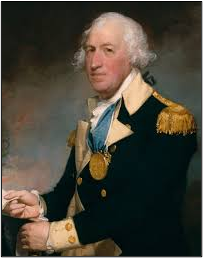
In May of 1779 Arnold made secret visits to British headquarters and a year later he informed the British of a proposed American invasion of Canada. In August of 1780, Benedict Arnold took command of the fort at West Point, and through a British contact, John André, he asked the British for £20,000 to betray this post, but André was captured and Arnold escaped on a British ship. On September 6, 1781, Arnold led British forces on a raid that burned New London, Connecticut, and killed dozens.
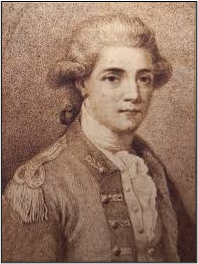
In 1781 he went to England and pursued many business ventures before returning to England and settling there. Benedict Arnold spent his last years in England where he died a traitor to America in 1801.
